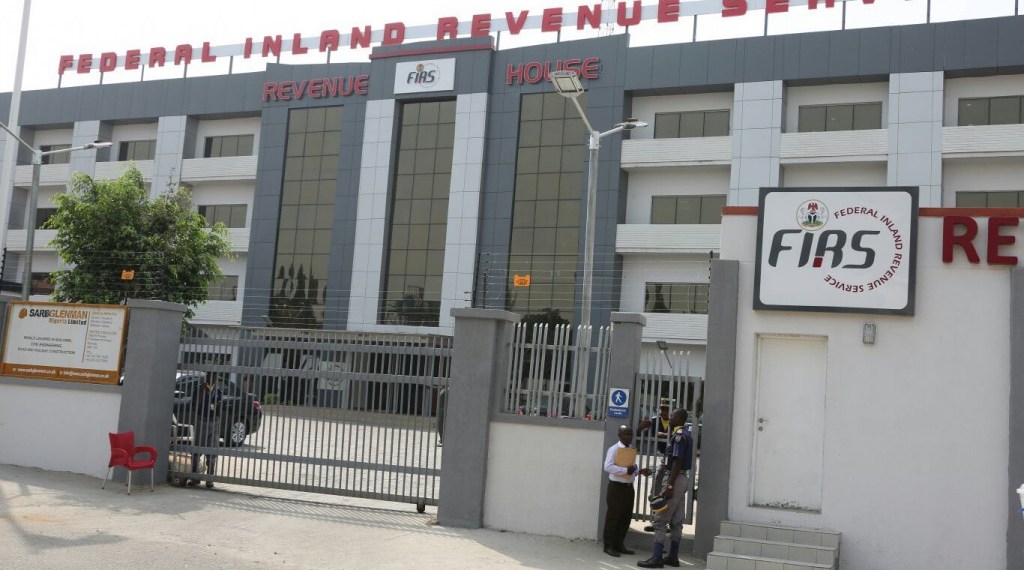The Federal Inland Revenue Service (FIRS) and Lagos State Inland Revenue Service (LIRS), have signed a memorandum of understanding (MoU) to establish a joint tax audit system.
BizWatch Nigeria understands that the Mou would address duplication of efforts and facilitate the exchange of data that are relevant to the enforcement of extant tax laws.
According to a statement, the Minister of State for Finance, Clem Agba, witnessed the agreement signing event held at the State House in Marina, Lagos, which also had Commissioner for Finance, Dr. Rabiu Olowo; Lagos Attorney General, Moyosore Onigbanjo; Commissioner for Economic Planning and Budget, Sam Egube, and Commissioner for Information and Strategy, Gbenga Omotoso, in attendance.
Aside from offering joint jurisdiction in tax audit and bringing about an integrated system of tax compliance, the scope of the MoU also empowered both tax authorities to exchange information sourced under International Tax Treaties in line with global protocols, while creating a common tax collection platform to eliminate double taxation.
Sanwo-Olu described the collaboration as “epoch-making”, noting that the conversation for the harmonisation of the two agencies’ mandates started about a year ago, based on the need to forge a common front in widening the tax net to raise the country’s tax to GDP ratio.
The governor observed that Nigeria had maintained an unimpressive tax-to-GDP ratio of between 6 to 8%, despite the yearly record-breaking turnovers by both FIRS and LIRS.
This, he said, has mounted pressure on the nation’s resources and created an imbalance in Government’s expenditure.
Sanwo-Olu said Nigeria must operate at the same level as other nations within sub-Saharan Africa doing between 14 and 15% in tax to GDP ratio in order to support the Government’s development programmes and improve accountability.
He said: “We have just witnessed an epoch-making ceremony between the Federal Inland Revenue Service and Lagos Inland Revenue Service. This collaboration did not just happen by chance; it is a conversation we started about a year ago with the chairman of FIRS when both parties reviewed their successes and limitations.
“It was clear there was a need for a relationship to be consummated. Both FIRS and LIRS have been breaking records of their tax collection and administration yearly, but this is not enough. We have an unimpressive tax-to-GDP ratio, which ranges between six and eight per cent; this is totally unacceptable.
“Studies have shown that there would be better service delivery to the citizens and improvement in the efficiency of tax collection when the two agencies work together. The cost of tax collection would be reduced, we would see better customer satisfaction and more resources would be generated for the government to deliver more dividends of democracy.
“For us as a state, we are humbled by this collaborative effort and we believe our citizens will be the ultimate beneficiaries of this initiative. The MoU is in the best interest of the public, as it affirms the reason why we need to come together and strengthen the cordial working relationship between the two agencies.”













